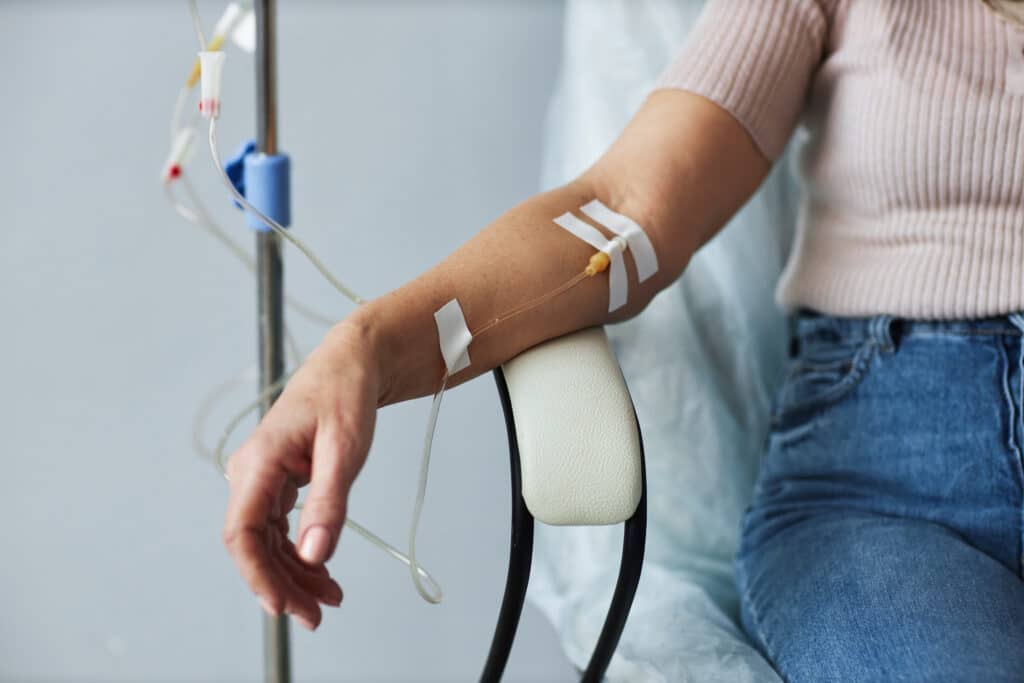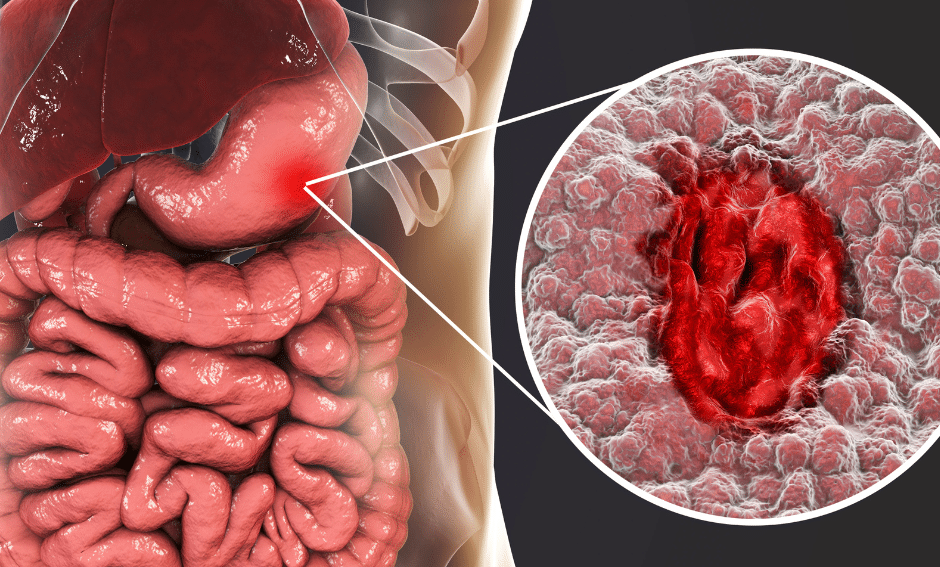Dr. Gingold Answers Digestive Health Questions Online
Do you ever wonder where to go with questions about your digestive health? The internet isn’t always the best place to look, but it can sometimes be a great place to find insight from doctors and experts. At Digestive Healthcare Center, our very own Dr. Alan Gingold was recently featured in five online healthcare articles, so check them out below and be sure to read each one to learn more.
Can a CT Scan Show Crohn’s Disease?
There are many tests available to investigate and diagnose gastroenterological conditions. In this article, Dr. Gingold explains how a CT scan can show signs of Crohn’s disease, most notably the thickened bowel wall that often indicates this condition. Although a CT scan by itself cannot diagnose Crohn’s disease, it plays a crucial role in detecting and imaging its physical hallmarks.
Painless Ongoing Diarrhea as Only Symptom: What This Might Be
If you have been experiencing ongoing diarrhea that is painless, and no other symptoms are present, microscopic colitis may be to blame. Dr. Gingold explains this chronic inflammatory condition, which can mimic an intestinal infection. The underlying causes of microscopic colitis are unknown, and it can be diagnosed via a biopsy.
Diarrhea, Changes in Poop Appearance from Microscopic Colitis
In this article, Dr. Gingold reveals that intermittent diarrhea can be caused by microscopic colitis. Patients may experience chronic watery stools that last for months or years, and diarrhea caused by this condition often comes and goes. Microscopic colitis causes inflammation and scarring, which prevents adequate absorption of water from the colon and can cause this unpleasant symptom.
Does Microscopic Colitis Always Cause Fatigue?
Microscopic colitis can cause fatigue, but when it occurs, it is often due to side effects of the condition rather than the condition itself. Dr. Gingold discusses how those with microscopic colitis often lose sleep because of nocturnal diarrhea or stress, which can lead to fatigue. Joint aches, which are caused by the release of inflammatory chemicals, can also cause those with microscopic colitis to experience interrupted sleep.
4 Gastroenterologists Share Their Thoughts on Exact Science’s Cologuard
In this article, Dr. Gingold explains Cologuard, a noninvasive stool test that screens for colon cancer. This test looks for genetic material found in colon cancers and hemoglobin in the stool using fecal immunochemical testing. This test is acceptable for those who have a high risk of colonoscopy complications, but a colonoscopy is still the gold standard for colon cancer screening.
Do You Have Questions About Your Digestive Health?
If you have any questions or concerns about your digestive health, do not hesitate to request an appointment with Dr. Gingold or another member of our staff today. We have three convenient locations in New Jersey, and we will work with you to determine the cause of your symptoms and help you find relief.
Make an Appointment for Comprehensive Digestive Care in NJ
At Digestive Healthcare Center, we want each patient at our three offices in New Jersey to feel confident about their digestive health. We encourage you to contact us today to make an appointment with one of our expert gastroenterologists – don’t wait to start putting your digestive health first!
Recent Blogs
Learn more about all things digestive health and wellness by checking out our recent gastroenterology blogs.

Infusion therapy has become a vital treatment option for individuals with Crohn’s disease, offering relief when traditional medications may fall short. This method delivers medication directly into the bloodstream, providing quicker and more targeted effects to help manage inflammation, reduce symptoms, and improve quality of life. For those with moderate to severe Crohn’s disease, infusion […]

The Advancement of Ulcerative Colitis Treatment Ulcerative colitis (UC) is a chronic inflammatory bowel disease (IBD) that affects the lining of the colon and rectum. Those diagnosed with UC often experience flare-ups that can significantly impact their quality of life. Fortunately, advancements in medical treatment have made managing this condition more achievable. One option is […]

Diverticular disease and diverticulitis are related digestive health conditions that affect the large intestine (colon). With diverticular disease, small, bulging pockets develop on the lining of the colon. When these pockets become inflamed or infected, the condition is called diverticulitis. They are very common – especially after age 40 – and rarely cause problems. At […]
























